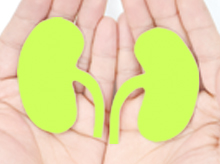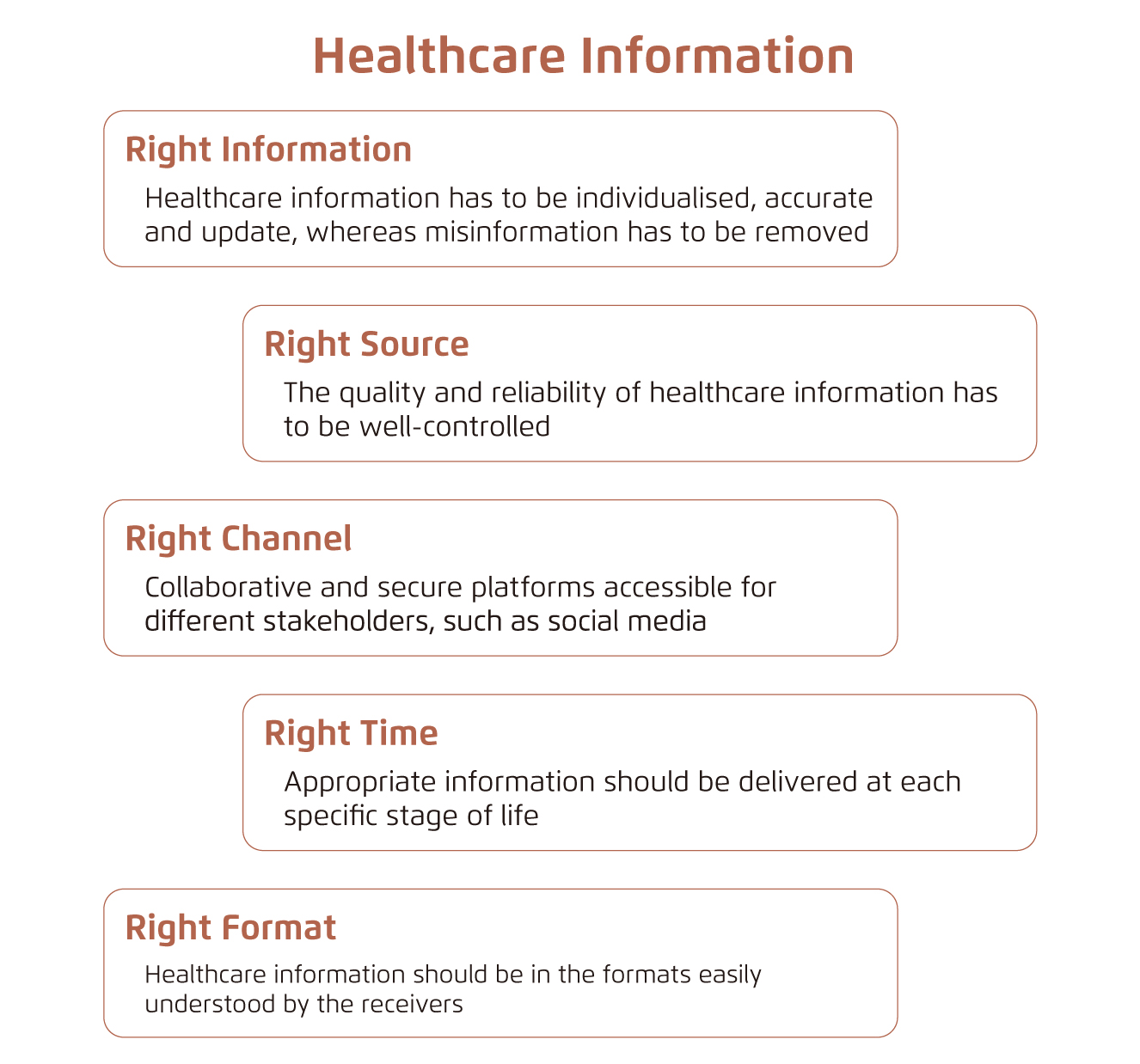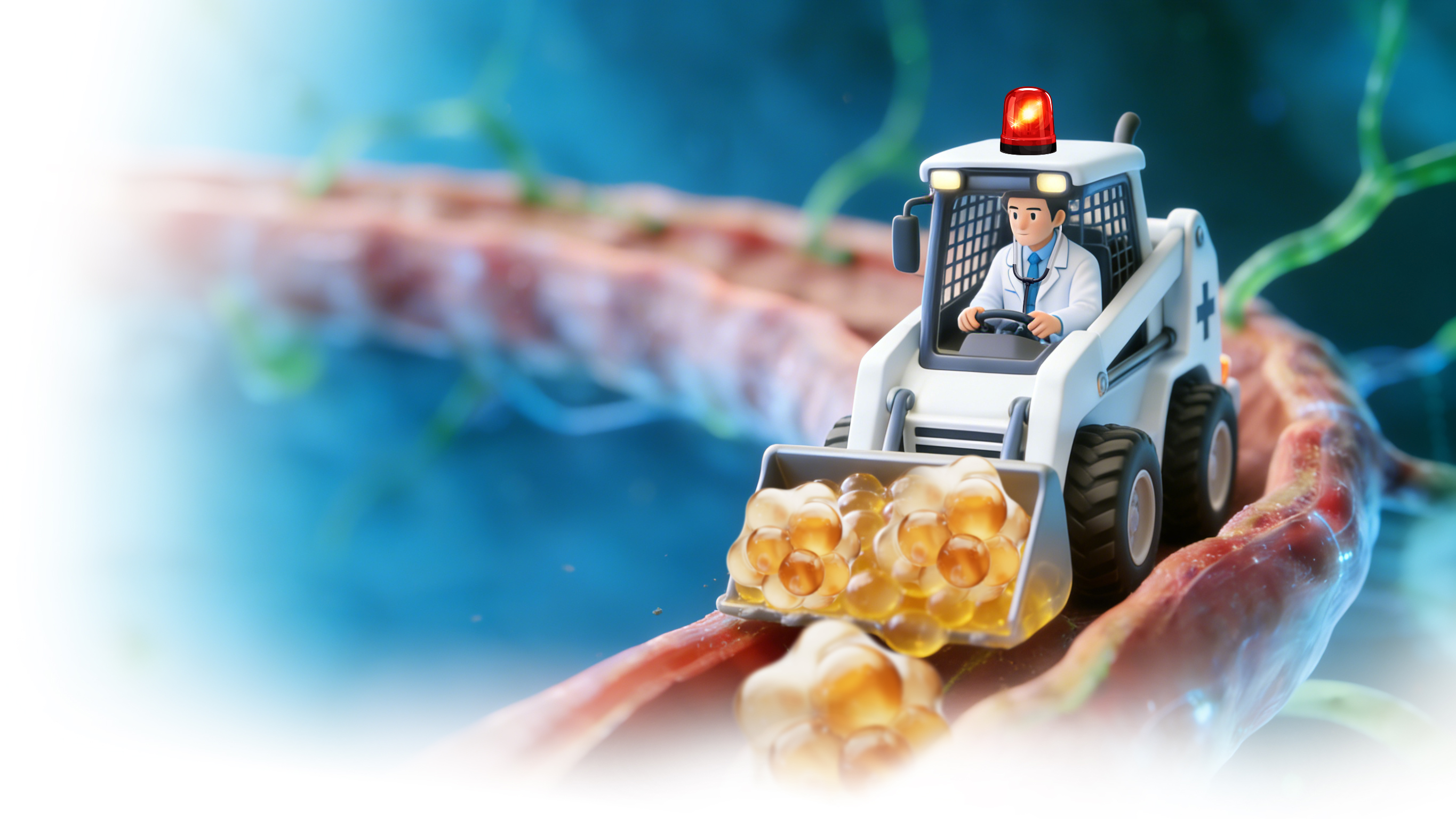

BBS MH JP
Chairman of Hong Kong Kidney Foundation
The disease burden of chronic kidney disease (CKD) is substantial that it affects about 10% of global population, whereas the disease is associated with various comorbidities including cardiovascular diseases (CVD) and diabetes mellitus (DM) as well as a wide spectrum of psychosocial problems. It is predicted that CKD and related CVD mortality would become the 5th cause of death worldwide by 20401. To reduce the risk of comorbidities and to improve overall health outcomes, CKD patients are recommended to follow a healthy lifestyle with physical activity, food and fluid restrictions, and adherence to complex medication regimes throughout all phases of the disease. In order to empower the patients to manage the complexity of kidney disease, enhancing personal and organisational health literacy is essential. In line with this objective, “Bridging the knowledge gap to better kidney care” has been highlighted as the theme of the World Kidney Day 2022. In a recent sharing, Dr. Lui Siu Fai, Chairman of the Hong Kong Kidney Foundation (HKKF), was invited to share his insights on enhancing health literacy and to outline the action plan for local kidney health education.
Kidney Health Education for All -
A Snapshot on Current Scenario and Action Strategies
The Clinical Importance of Health Literacy
CKD patients have to make day-to-day decisions about how to self-manage their conditions, including their diet and working schedule. With proper lifestyle modifications and nutritional interventions, as well as appropriate access to basic diagnostics and early treatment, kidney disease can be prevented and progression to end-stage disease can be delayed2. Nonetheless, it has been reported that limited health literacy is common among CKD patients. Previous meta-analysis by Fraser et al (2013) involving 1,405 CKD patients indicated that the prevalence of limited generic functional literacy was 22.7% (Figure 1), whereas limited generic functional literacy was independently associated with socio-economic factors, such as income and education attainment, and health outcomes3. Essentially, limited health literacy in CKD patients has been reported to be associated with decreased kidney function, increased hospitalisation and mortality rates. Moreover, CKD patients with limited health literacy tend to exhibit reduced treatment adherence4.

Figure 1. Prevalence of limited generic functional literacy among CKD patients, HL=health literacy3
Previous literature defined health literacy as the degree to which individuals have the capacity to obtain, process and understand basic health information and services needed to make appropriate health decisions5. Remarkably, Dr. Lui highlighted that, in addition to individuals, organisational health literacy is essential in enhancing education and awareness on kidney disease. He stressed that the knowledge on kidney health delivered by healthcare professionals would not be received properly by patients without effective communication. “Healthcare professionals and organisations have an important role to provide healthcare information and to make the information easy to understand for people with kidney disease,” he noted.
In line with Dr. Lui’s comment, a systematic review included 30 studies on health literacy reported that significant gaps in health literacy knowledge existed among healthcare providers and patients. The report suggested that common health literacy communication techniques practiced by healthcare providers were the use of everyday language, teach-back method, and providing patients with reading materials and aids6. In contrast to personal health literacy, organisational health literacy defines the role of healthcare organisations in making health information and services easy to understand and access7. The definition also points out that organisations must be equitable in how they address health literacy.
Strategies for Bridging the Knowledge Gap
Taking the issue of health literacy into account, bridging the knowledge gap to better kidney care has been highlighted as the theme of World Kidney Day 2022. Programs for improving health literacy have been organised by the International Federation of Kidney Foundations - World Kidney Alliance (IKKF-WKA), whereas the local programs are coordinated by the HKKF. Dr. Lui highlighted that there is a 4-stage approach in enhancing health literacy. The first stage is to enable people to find the healthcare information on kidney health, whereas the second stage is to ensure them to understand the healthcare information received. Upon understanding the information, the next stage is to encourage them to use the knowledge acquired. Eventually, the final stage is to evaluate the effectiveness of the actions taken.
Practically, Dr. Lui addressed the “5 Rights” of provision of healthcare information, which concern the right information (content), at the right time (stage), from the right source (factual, reliable), in the right format (understandable by the receiver) via the right channel/platform (most accessible) (Figure 2). Whereas, the action plans for both global and local programs for improving health literacy in this year are defined according to the “5 Rights” framework.

Figure 2.
The “5 Rights” of provision of healthcare information
The Local Action Plan
To achieve the mission of World Kidney Day 2022, the Hong Kong Program focuses on healthcare information for public and patients with kidney disease. As described, the first stage of improving health literacy concerns about how people receive healthcare information. Hence, an international survey evaluating the most accessible channel (the Right Channel) for CKD patients was initiated by the HKKF. Apart from local CKD patients, the survey also included participants from Bangladesh, Barbados, Ethiopia, Hungary, India, Malaysia, and Mexico. Dr. Lui expected the findings of the survey would provide insights for optimising the action plan for delivering healthcare information.
The local program would include international and local webinars targeting CKD patients and general public. In order to spread the healthcare information in greater extent, posters with the information will be displayed at MTR stations, bus shelters, and etc. “Displaying posters at bus shelters is an effective way to deliver the information while people are waiting there,” Dr. Lui commented. Besides, healthcare information will also be delivered through mass media including newspapers, radio and television. In particular, Dr. Lui highlighted 2 thematic programs respectively known as “Kidneys Talk” and “Eat Smart, Eat Well”, which aim to provide information on kidney health and treatment options, as well as healthy diets for CKD patients.
Kidneys Talk - A Platform for Kidney Health Education
The “Kidneys Talk” Channel aims not only to provide information on management of kidney diseases, but also to serve as a platform for patients with kidney diseases to share their experiences and inquiries on living with the disease. The first season of Kidneys Talk was launched in October 2021, with 9 episodes covering the whole journey of living with kidney diseases, from knowing the kidney and prevention of kidney disease to management of kidney diseases and treatment options for end-stage kidney diseases. Dr. Lui stated that the philosophy of the Kidneys Talk is to provide a platform for public and patients to access quality healthcare information delivered by specialists in nephrology and other healthcare professionals, including nurses and dietitians, without constraints on time and location. Essentially, people can choose the appropriate contents suitable for them from the channel. “The first 3 episodes covered information on kidney diseases for general public, whereas the subsequent episodes focused on specific treatment options which were useful for patients receiving the treatment,” Dr. Lui outlined. Hence, the Kidneys Talk Channel allows patients to receive the right information on kidney health from the right source and at the right time.
Kidney Health for All
The Kidneys Talk serves as a model for program applying the “5 Rights” of provision of healthcare information. While the first season covered the whole journey of living with kidney diseases, the second season of the channel will be launched later this year covering a wider scope of issues related to kidney disease, including diet, optimised treatments for CKD patients, East-meets-West treatment, complications and psychosocial issues of CKD, and palliative care.
CKD is undoubtedly an important, prevalent and growing problem. Enhancing the awareness on kidney health among general public, particularly high-risk populations, and improving the knowledge on how to live with kidney disease among patients would help reducing the disease burden of kidney disease. Nonetheless, ineffective communication between healthcare professionals and patients in the delivery of healthcare information leads to suboptimal control of kidney disease. Thus, bridging the knowledge gaps is essential to allow public and patients to receive the right information and hence to empower them to improve kidney health. Dr. Lui stated that the local programs, such as the Kidneys Talk Channel, is the pilot program for delivering healthcare information, whereas the successful experience of the program will be referenced by global kidney health organisations and hence bringing benefits for CKD patients worldwide.

Figure 3. “
Kidneys Talk” is a live channel for providing information on management of kidney diseases for CKD patients
References
1. Sever et al. Clin Kidney J 2021; 14: 23-35. 2. Li et al. Hong Kong Med J 2020; 26: e1-9. 3.Fraser et al. Nephrol Dial Transplant 2013; 28: 129-37. 4. Stømer et al. BMC Nephrol 2020; 21. DOI:10.1186/S12882-020-01973-9. 5. Boonstra et al. Nephrol Dial Transplant 2021; 36: 1207-21. 6. Rajah et al. Perspect Public Health 2018; 138: 122-32. 7. Brega et al. Heal Lit Res Pract 2019; 3: e127.





